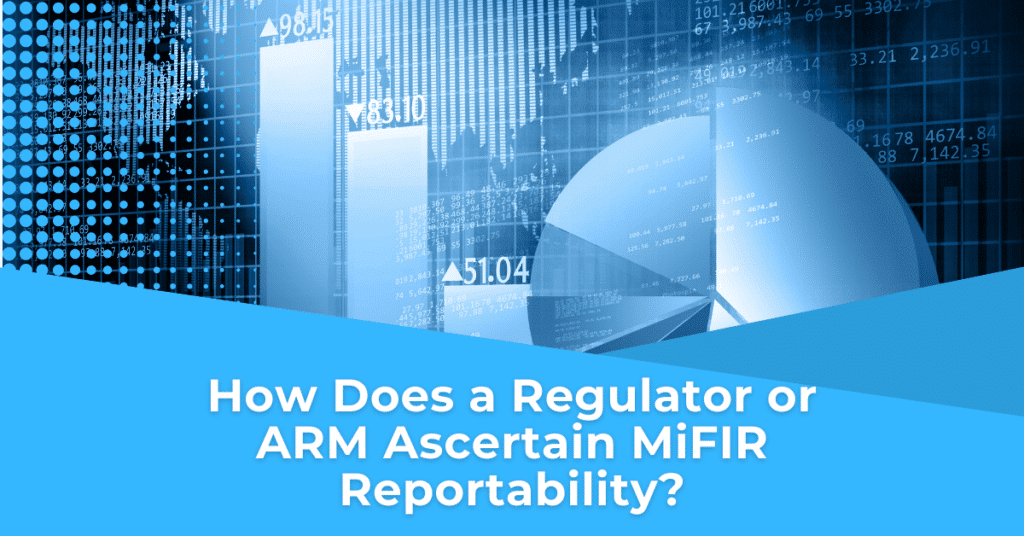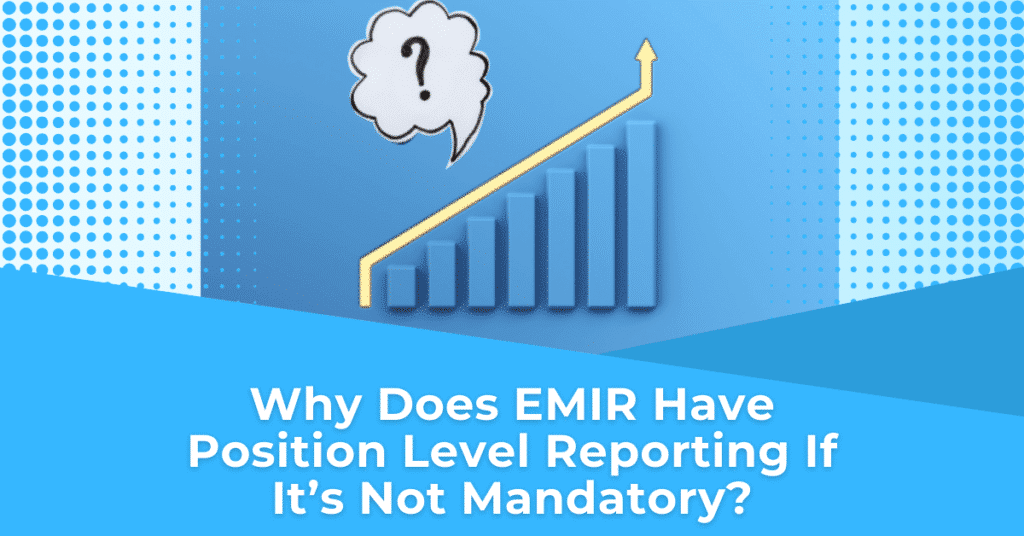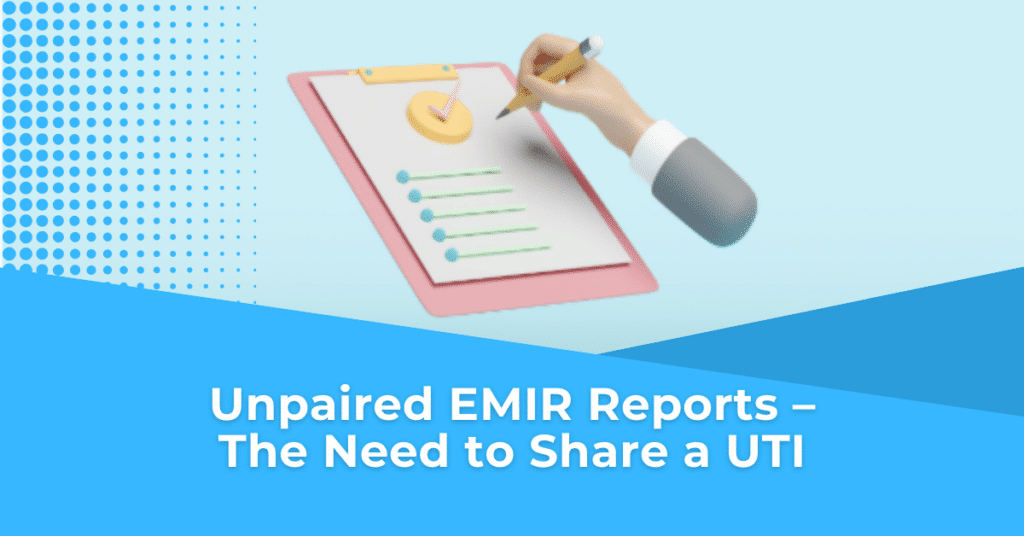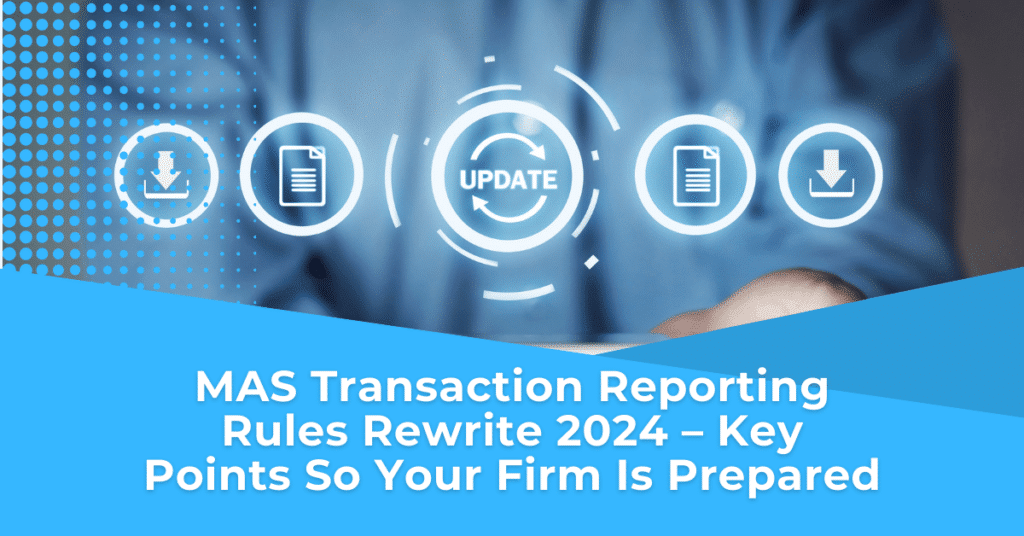RTS 27 and 28 – The 2024 Status of These Reports in UK and EU

With the separation of EU and UK requirements and the beginning of divergence, determining whether your firm needs to complete RTS 27 and 28 reports can be very confusing. We summarise the current status of each report across both regimes.
The UPI has Gone Live for Regulatory Reporting (CFTC)

One key part of the regulatory reporting changes which are being rolled out globally in 2024, involves the introduction of the Unique Product Identifier (UPI) into the requirements.
How Does a Regulator or ARM Ascertain MiFIR Reportability?

The current application of MiFIR requires both the regulators and ARMs to filter through vast quantities of data to determine which transactions should be reported. Trading venues and systematic internalisers (SIs) are obliged to submit reference data for financial instruments to ESMA to be published in FIRDs. This is outlined in Article 27 of MiFIR and Article 4 of Market Abuse Regulation (MAR).
From a Regulatory Perspective, where is Gibraltar?

Brexit had a big impact on the small island of Gibraltar. Unlike other British Overseas Territories, it was part of the EU and participated in the referendum.
How Do Public Holidays and Bank Holidays Impact Trade Reporting?

Public holidays and bank holidays can have a major impact on trade and transaction reporting requirements; especially if you are an entity operating under multiple regimes.
When there is a public holiday where the regulatory body (or regulated entity) is located, it is likely that the timing of report submissions will be extended commensurately.
What is UPI+?

The commonly used identifier amongst the European regulators, the International Securities Identification Number (ISIN) has traditionally played a crucial role across various regimes.
RIC Codes and How They Affect Best Execution

A Refinitiv Identification Code, or RIC, is a ticker-like code used by Refinitiv (formally Reuters / ThomsonReuters) to identify financial instruments and indices. The codes are used for looking up information on various Refinitiv financial information networks, such as Refinitiv Real Time.
Why Does EMIR Have Position Level Reporting If It’s Not Mandatory?

The option of position level reporting gives counterparties the opportunity to align their reports with their back-office setup. This enhances both efficiency and incorporates the same data which is used in other business processes.
Unpaired EMIR Reports – The Need to Share a UTI

With EMIR Refit around the corner, regulators are increasingly turning their attention to the accuracy of transaction reporting by firms in their purview. We have recently seen CySEC making enquiries to investment firms about pairing and matching discrepancies that have been identified in their EMIR reports.
MAS Transaction Reporting Rules Rewrite 2024 – Key Points So Your Firm Is Prepared

MAS have released their updated guidelines for regulatory reporting and outlined the final rules that will come into effect towards the end of October 2024.